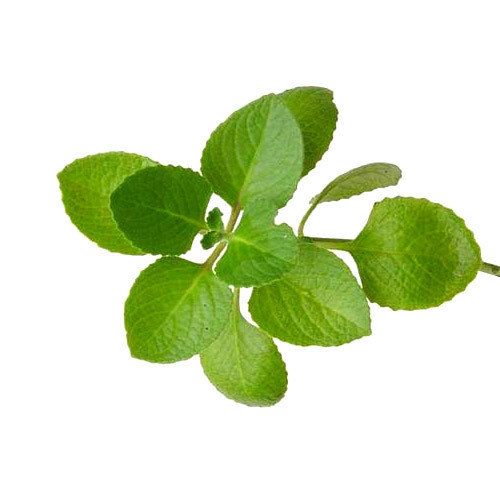
Got pizza? Next time remember to sprinkle some oregano on it for some unexpected health benefits.
Oregano is an herb from the mint family and plays an important role in the Mediterranean diet, so often touted as one of the healthiest diets on the planet to prevent heart disease and other chronic ailments. It has been used for centuries as a treatment for diarrhea, indigestion or colds and muscle aches.
Compounds called thymol and carvacrol are found in oregano and are considered to be responsible for many of its health benefits that include potent antiviral and anti-bacterial activity, so important these days of COVID-19.
As far as antiviral activity, several in vitro studies have shown that carvacrol inactivated the norovirus within one hour. Norovirus is a highly contagious viral infection that is the main cause of the stomach flu.
In another study, carvacrol, and thymol inactivated herpes simplex virus within one hour. Oregano oil extracted from the oregano leaves has been shown to have antiviral activity against respiratory syncytial virus (RSV. Respiratory syncytial (sin-SISH-uhl) virus, or RSV, is a common respiratory virus that usually causes mild, cold-like symptoms. Most people recover in a week or two, but RSV can be serious, especially for infants and older adults.
Oregano has promising anti-bacterial properties. An in -vitro study, oregano was found to have activity against 23 species of bacteria related to three genera, Staphylococcus , Micrococcus, and Bacillus, a sporeformer. Sporeformers are highly resistant to environmental conditions. Another study found that oregano as an essential oil was effective against different strains of Escherichia coli and Pseudomonas. Another study showed that oregano oil has significant antibacterial activity against 11 microbes that are resistant to antibiotics.
How can you use oregano in your diet? The traditional use of oregano is in Italian dishes such as pasta sauce and pizza; however, it can be used in salads to add flavor as well as give you beneficial nutrients like vitamin C , arginine and minerals like calcium and potassium.
Arginine is a a building block (amino acid) that helps create proteins. It stimulates the release of insulin and gets rid of ammonia. Most importantly, the body uses arginine to make nitric oxide. Children need arginine to help them grow and develop. In adults, it helps improves blood flow, heals wounds, and repair damaged tissue.
Oregano is a nutrient dense food in that it also contains an antioxidant forty-two times more effective than in apples, thirty times more than potatoes, twelve times more than oranges and four times more than blueberries.
It also can be helpful when added to cooked meat, as one of the active ingredients, carvacrol has been shown to reduce the formation of potentially cancer-causing hetero-cyclic amines, chemicals that are formed in cooked meat that can be carcinogenic.
Of course as with most nutrition studies, especially on single food items, industry-funding is often suspect when it comes to the food industry in general about what is healthy. Many use only positive study results designed to be used for marketing purposes and additional independent research is needed. But give it a try – it can add flavor to your cooking and hopefully provide a source for essential nutrients and phytochemicals as well.
“Got pizza? Next time remember to sprinkle some oregano on it for some unexpected health benefits.” No, you HAVE to sprinkle Oregano on Pizza anyway lol!!
LikeLike
Great info on oregano. Thanks for the information.
LikeLike